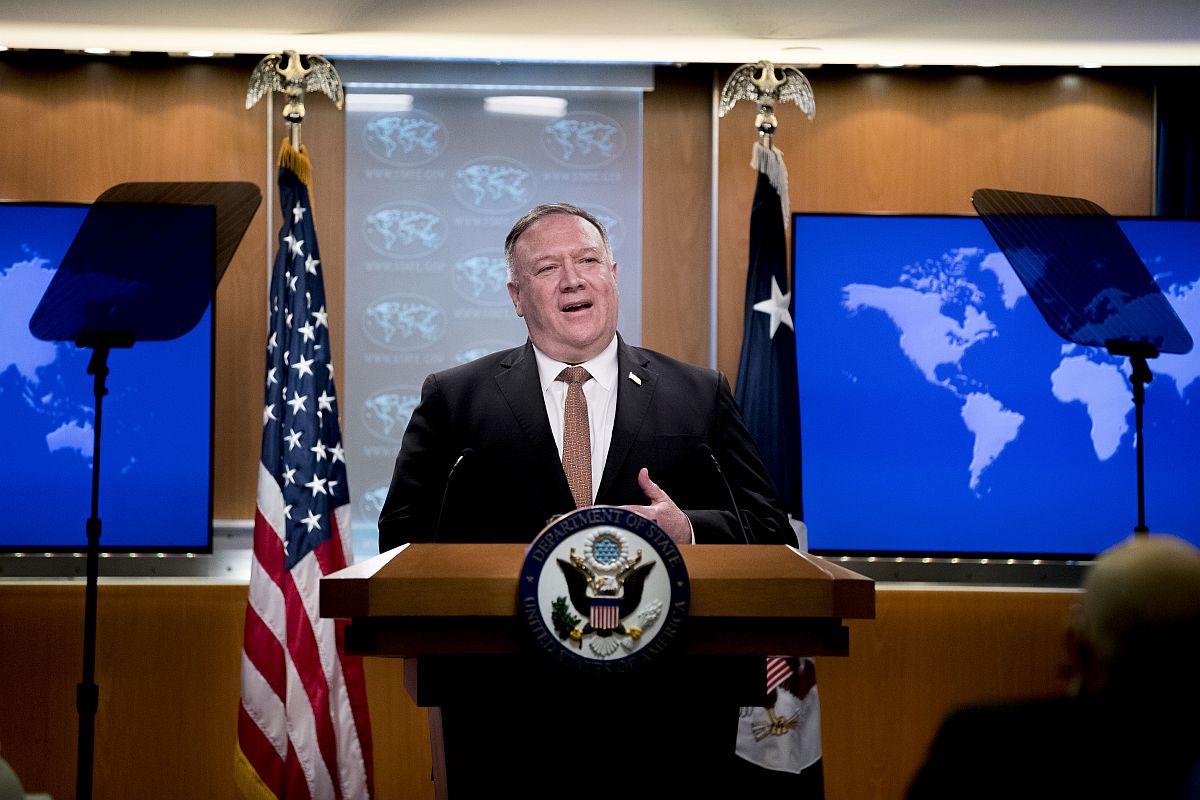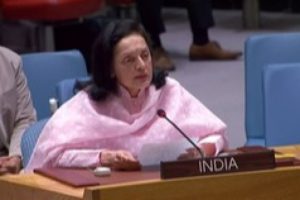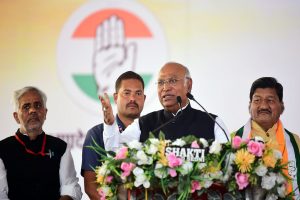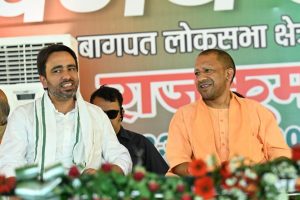US Secretary of State Mike Pompeo, who has been constantly criticising the Chinese Communist Party’s actions against Asian countries, on Wednesday asserted that the world is waking up to the “threats from China” and it will be “confronted like never before” by democracies.
“So long as the Chinese Communist Party continues to engage in the activities that it’s been undertaking now for an awfully long time, you’ll see them confronted in ways that they have not been confronted before, not only by the US but by freedom-loving democracies all across the world,” Pompeo was quoted as saying by IANS.
He further said that he is confident that the world’s free nations will join together to face the challenges from China to India and other countries in Asia.
“I think that the whole world is coalescing around the challenge that we face (from China)… I am confident that democracies, the free nations of the world, will push back on these,” he said while replying to a question about the Chinese confrontation with India in the Ladakh region.
On India banning 59 Chinese apps, Pompeo said, “They did it because they could see the threat to the Indian people from the Chinese Communist Party (CCP).
“We’ve been working closely with the Indians across a broad spectrum of the – the full range of international partnership with them to assist them in making sure they had all the information they needed to make good decisions.”
He, however, clarified that India did not ban the apps because the US asked it to, but because it knew of the dangers the mobile applications posed to its citizens.
The state secretary further said that India is important partner of the US.
“I have a great relationship with my counterpart (S Jaishankar); we talk frequently about a broad range of issues. We talked about the conflict they (India) had along their border with China,” said Mike Pompeo on asked if the US considers India as an increasingly important military and trade partner.
Pompeo said that the US had worked with India in building a coalition that included South Korea and Europeans to block China’s candidate Wan Binyang from becoming the head of the World Intellectual Property Organisation and instead have Singapore’s Daren Tang elected.
Leading the international charge against Beijing, Pompeo carefully laid out a distinction between the Chinese nation and people, making the CCP the focus of criticism.
He said the US was working with India on issues relating to China because it and countries like Japan, Australia, South Korea and European countries, “are significant economies in the world with true national security capabilities who have a shared understanding of how nations ought to participate on the global stage and want the CCP to understand the expectation that they’ll participate with the same rules and reciprocity”.
On China’s claims to the maritime territories of Asian countries and aggressive actions there, he said that the US “will use the tools we have, we will support all countries across the world that recognise that China has violated their territorial claims, their maritime claims as well. We will provide them with assistance”.
China has maritime conflicts with Malaysia, Indonesia, Brunei, the Philippines, Vietnam, Japan and Taiwan and has increased its aggressive conduct in the region even as its troops clashed with the Indian Army in Ladakh.
China is engaged in hotly contested territorial disputes in both the South China Sea and the East China Sea. Beijing has built up and militarised many of the islands and reefs it controls in the region. Both areas are stated to be rich in minerals, oil and other natural resources and are vital to global trade.
China claims almost all of the South China Sea.
US Secretary of State Mike Pompeo also said that in response to Beijing’s broken promises, President Donald Trump has taken steps to end Hong Kong’s preferential treatment and announced the US will place a special focus on the admission of Hong Kong residents as refugees. “We stand with the Hong Kong people,” Pompeo added.
Pompeo had last week said that Indians have done their best to respond to China’s “incredibly aggressive actions”, asserting that Beijing has a pattern of “instigating” territorial disputes and the world shouldn’t allow this bullying to take place.
“I’ve spoken with India’s Foreign Minister S Jaishankar a number of times about this (Chinese aggressive actions). The Chinese took incredibly aggressive actions. The Indians have done their best to respond to that,” Pompeo told reporters in Washington.
Reiterating that the CCP has engaged in both maritime and boundary disputes, he said there aren’t many neighbours that can satisfactorily say that they know where their sovereignty ends in that the Chinese Communist Party will respect that sovereignty. “That’s certainly true now for the people of Bhutan as well,” he said.
“This is what the world must come together to respond to, this increasing revisionist effort that the Chinese Communist Party is engaged in. It’s something that President (Donald) Trump has taken incredibly seriously,” he said.
Earlier this month, US President Donald Trump had said that Beijing’s aggressive stance along its border with India fits with the larger pattern of Chinese aggression in other parts of world and confirms the “true nature” of the Chinese Communist Party.
Last month, the United States had criticised the Chinese Army for “escalating” the border tension with India and described the ruling Chinese Communist Party as a “rogue actor.”
Mike Pompeo launching a scathing attack on the Chinese government, had said that the Chinese Communist Party wants to undo all the progress the free world has made through institutions like NATO and adopt a new set of rules and norms that accommodate Beijing.
Pompeo had also informed that the US was reviewing its global deployment of forces to ensure it is postured appropriately to counter the People’s Liberation Army, given the increasing threat posed by China to Asian countries like India, Malaysia, Indonesia, and the Philippines.
The threats from China to India and countries in Southeast Asia and the challenges in the South China Sea are going to dictate the allocation of defence resources as US cuts troop levels in Germany, he said.
Meanwhile, in a latest development, Donald Trump has made it clear that he is not interested in talking to China regarding a second phase trade deal.
Earlier this year, the Trump administration had signed a mega phase one deal with China, after intense negotiations between the two countries.
Asserting that the relationship between the two countries has been severely damaged with Beijing’s handling of the Coronavirus outbreak, Trump said he is thinking about it now.











